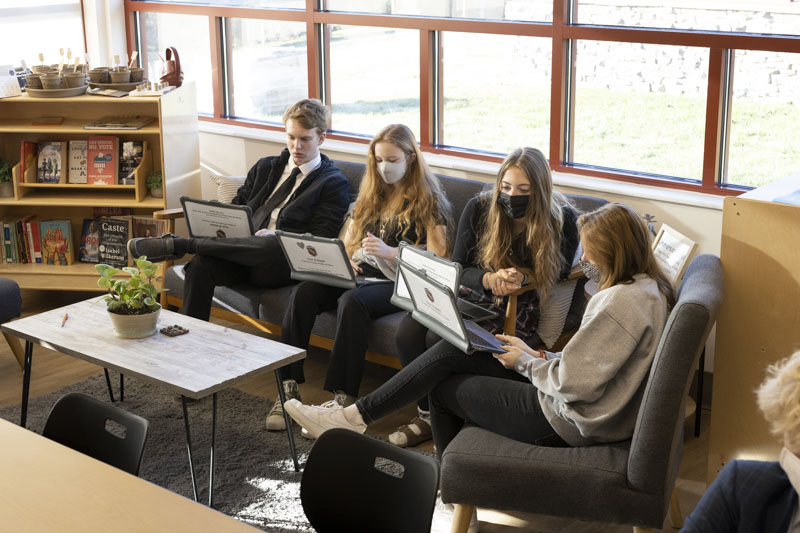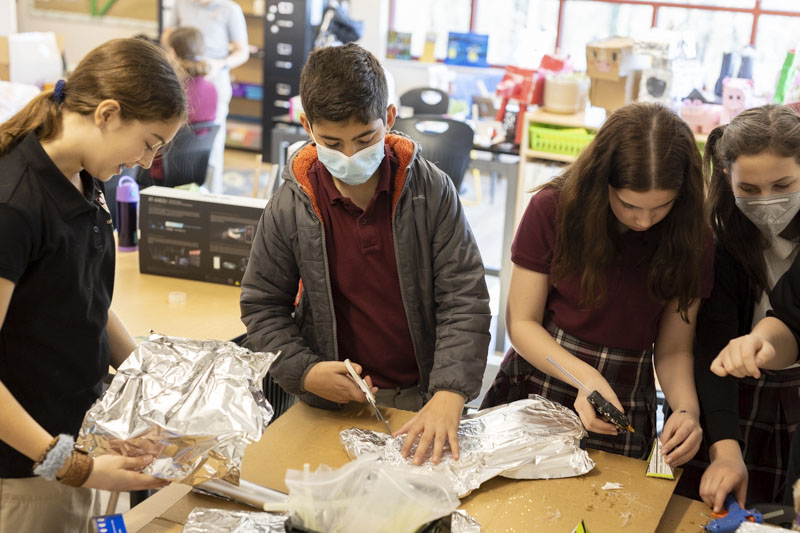Upper School Newsletter
February 17, 2022
Dear Upper School Families,
Sixteen years ago, I was a school counselor working at a large, public school system in Pennsylvania when I first heard the term restorative practices. I then had the opportunity to receive training at the International Center for Restorative Practices in Bethlehem, PA. Fast forward several years to the campus of a young, upstart, independent school seeking to reimagine education. It was clear in our early days that restorative practices represented the perfect blend of relationship, accountability, and student-owned behavior to couple with CBA’s educational model.

Over the last 9 years, we have continued to apply the principles of restorative practices as a vehicle to achieve our mission: teaching critical thinking, problem solving, and collaboration through a safe, enriched environment while applying the LIFESKILLS and Lifelong Guidelines. Restorative practices start with the foundation of positive relationships, clear expectations for behavior, accountability for personal decisions, and a collaborative perspective of community involvement. Our teachers, through the implementation of our brain-based learning model, create a classroom environment where clear expectations, self-regulation, and collaboration lead to student ownership of their learning and behavior. This ownership of behavior is the foundation for restorative practices.
At its core, restorative practices ask students to take responsibility for their actions and to own both the healthy and unhealthy consequences of their decisions. Unlike traditional discipline where punishment is used to control behavior, in restorative practices, students’ own choices and the consequences of those actions within the community are used to educate, maintain accountability, and restore the community when damage has occurred. Taking responsibility for their actions and being involved in the steps to restore the community when their actions cause damage creates a chance for students to turn mistakes into learning opportunities.

Adolescence is a time of foundational change in a student’s life. Students are learning who they are, exploring the boundaries of themselves, and ultimately metamorphosing into adults. At CBA, we believe that teaching students, through restorative practices, to take ownership of their behavior, communicate when they have made a mistake, actively participate in a plan to correct their actions, and collaboratively create a healthy community will produce lifelong skills that, as adults, will be of utmost importance in sustaining a healthy lifestyle.
With 1VOICE,
Mr. R

